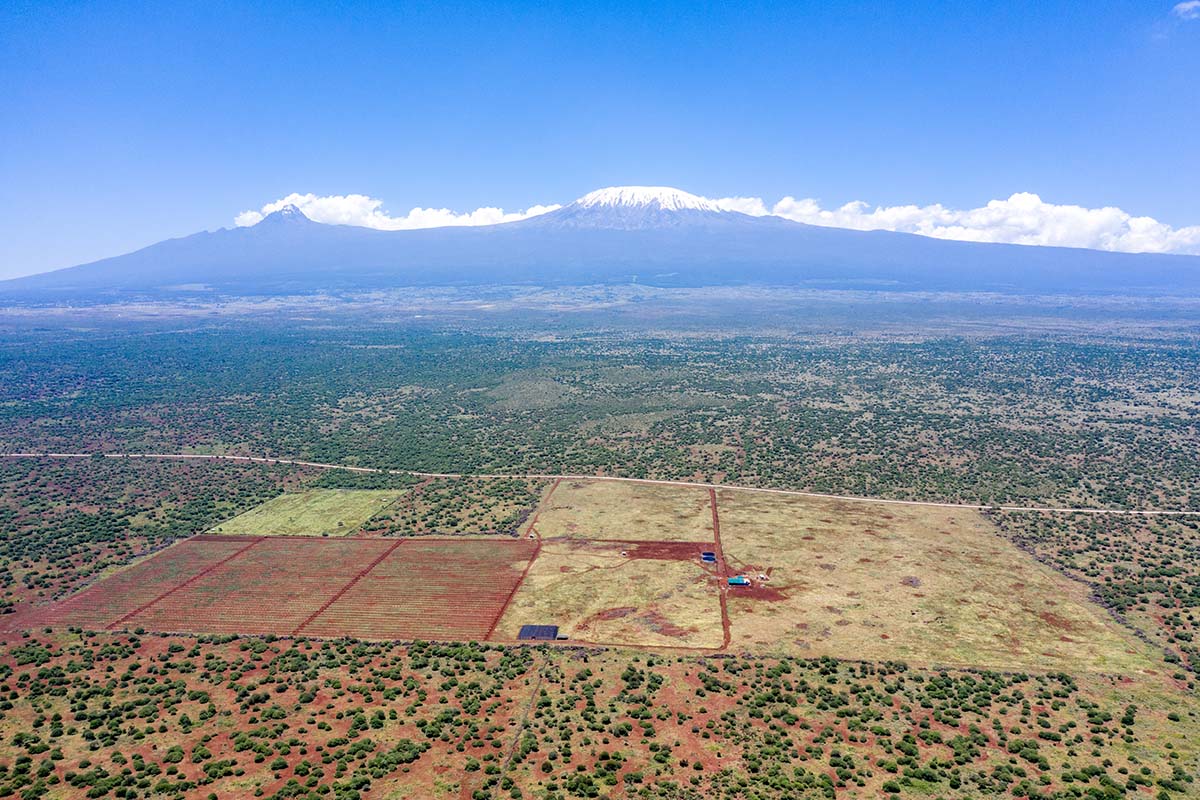 Outside developers see Amboseli as the wild west, somewhere they can score cheap land and do what they want with it. ‘KiliAvo Fresh’ was one of these - they bought 180 acres in the Kimana Wildlife Corridor and cleared and fenced it to plant avocados.
Outside developers see Amboseli as the wild west, somewhere they can score cheap land and do what they want with it. ‘KiliAvo Fresh’ was one of these - they bought 180 acres in the Kimana Wildlife Corridor and cleared and fenced it to plant avocados.
The problem was they hadn’t properly assessed their environmental impact, consulted neighbours and stakeholders, or taken account of land-use management plans. As a result Kenya’s environmental management authority (NEMA) revoked their development permission, kicking off a 4-year legal saga…
The resistance was led by the Kimana community, represented by an association called ALOCA, but Big Life ended up embroiled in the court battles. KiliAvo’s cases failed repeatedly, the most recent blow coming last week in a dismissal of their case by the Kajiado Environment and Land Court.
KiliAvo will be allowed one final appeal to a higher court, but we hope that we are close to the right outcome.
Big Life’s CEO in Kenya, Benson Leyian, said of the court’s decision, “It’s another win that reinforces the message: there are regulations and land-use plan in Amboseli that have been put in place to protect the livelihoods of local communities, and the natural environment that the people depend on. These plans are enforceable by law, and you cannot get around this.”
Added Samuel Kaanki, ALOCA Chairman, “Today is a cause for celebration in our community, we feel that we are being recognized by the government and the courts. This farm, and others that could follow if it was allowed to continue, threaten our livelihoods and culture.”
There are other non-compliant farms in the area, including Ngong Veg who have made a public commitment to return the land to conservation but taken no such steps yet. We hope that this will be a signal to them and others; farming is important, but not in the middle of one of the most heavily trafficked elephant migration corridors in Kenya. Photo: Jeremy Goss
